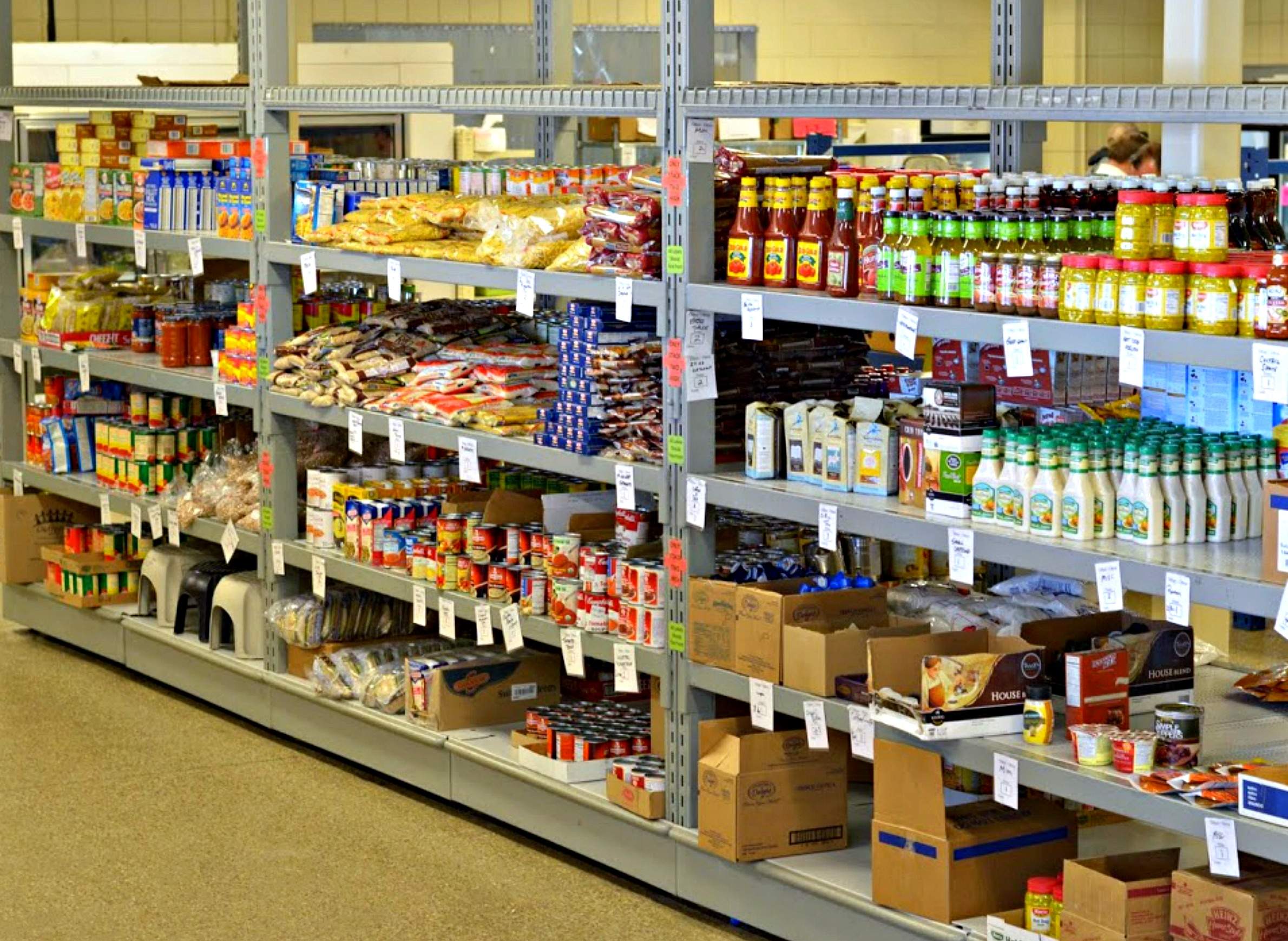
University of Wisconsin-Extension
Series: Food Security And Assistance In Wisconsin
About one in nine Wisconsin households faces food insecurity — a lack of reliable access to safe, affordable and culturally relevant food that supports an active, healthy lifestyle. Those who have trouble keeping their refrigerators and pantries stocked include people who are unemployed and others who are working but aren’t able to find enough hours or wages, as well as many who are children and senior citizens. A variety of safety nets — from public-assistance programs to non-profit and religious food banks — struggle to keep up with demand. Fluctuations in the broader economy add uncertainties for the needy, as do changing state and federal aid policies. At the same time, innovative projects seek to improve food security, including efforts to directly connect hungry Wisconsinites with fresh food through growers and farmers' markets.